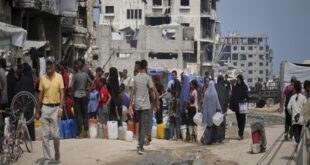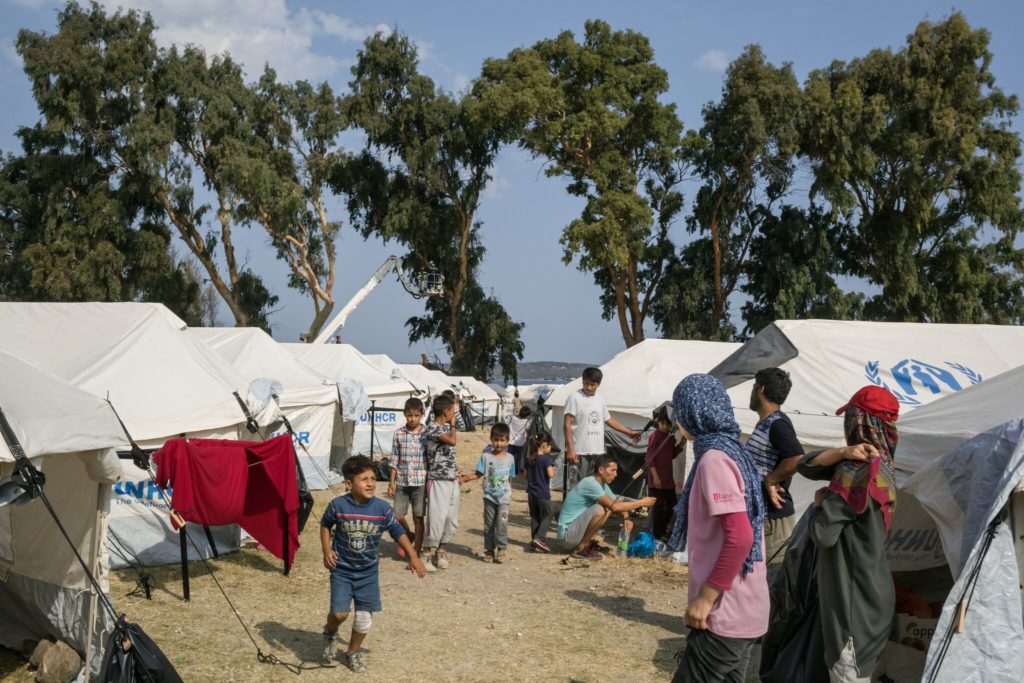
Years after the Syrian refugee crisis subsided, asylum seekers from other nations face even higher obstacles to enter Europe, which is more ambivalent about accepting them than ever.
LESBOS, Greece — A 31-year-old law school graduate, Masomeh Etemadi says she left Iran with her husband and two children to escape persecution as a Hazara minority. Now, she says, she doesn’t care where in Europe her family ends up. As long as it isn’t here.
“Here” is between two olive trees on a hillside near what, until last week, was Europe’s largest refugee camp, Moria, on the Greek island of Lesbos. The camp, whose cramped and squalid conditions had made it a byword for the desperation of migrants trying to reach Europe, was set alight by an angry group of its inhabitants protesting coronavirus restrictions. Some 12,600 people were left homeless.
“Europe says, ‘We want to help refugees.’ Greece says, ‘We don’t want you here,’ and I understand that — there aren’t even enough jobs for the locals,” Ms. Etemadi said as she changed a diaper in the shade of a tree. “But if Europe really wants to help us, why don’t they come here and help us?”
The answer to her question — one that continues to haunt Europe — amounts to a kind of migrant fatigue that has yet to subside even years after the continent’s migration crisis has.
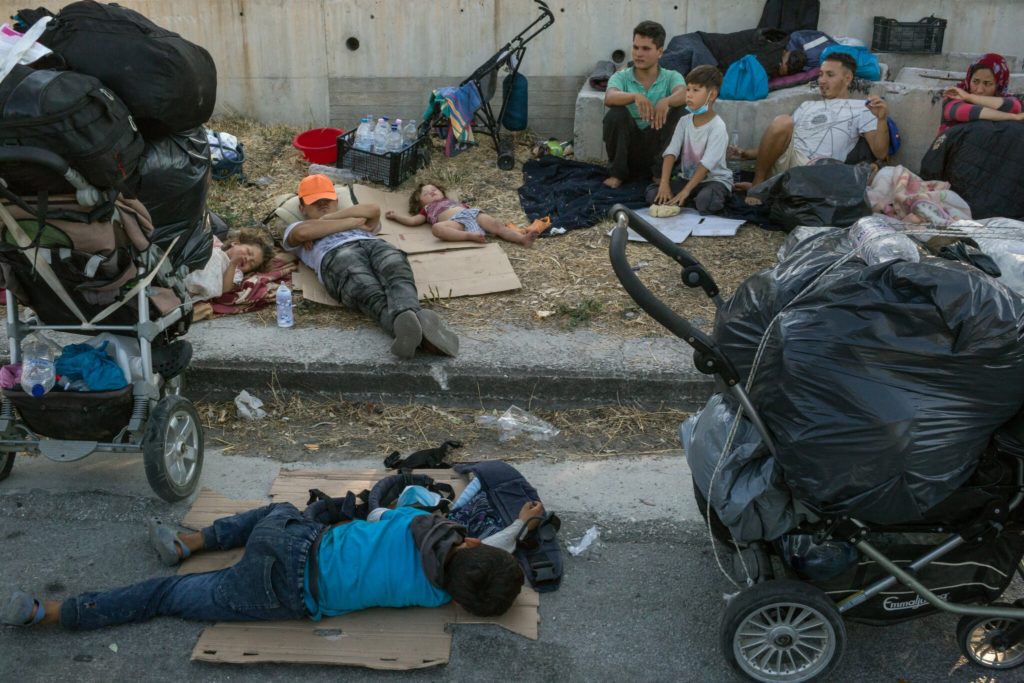
Next week, the European Union will try once again to fix its broken asylum system by forging a new compromise among its member states, a process that will force it to confront its inadequate response. Few issues are more heated, and most leaders wish it would simply go away.
“The fire at Moria has shifted public attention to the dire conditions of Greece’s refugee camps,’’ said Camino Mortera-Martinez, a senior analyst with the Center for European Reform, a think tank, noting that the problem is not new.
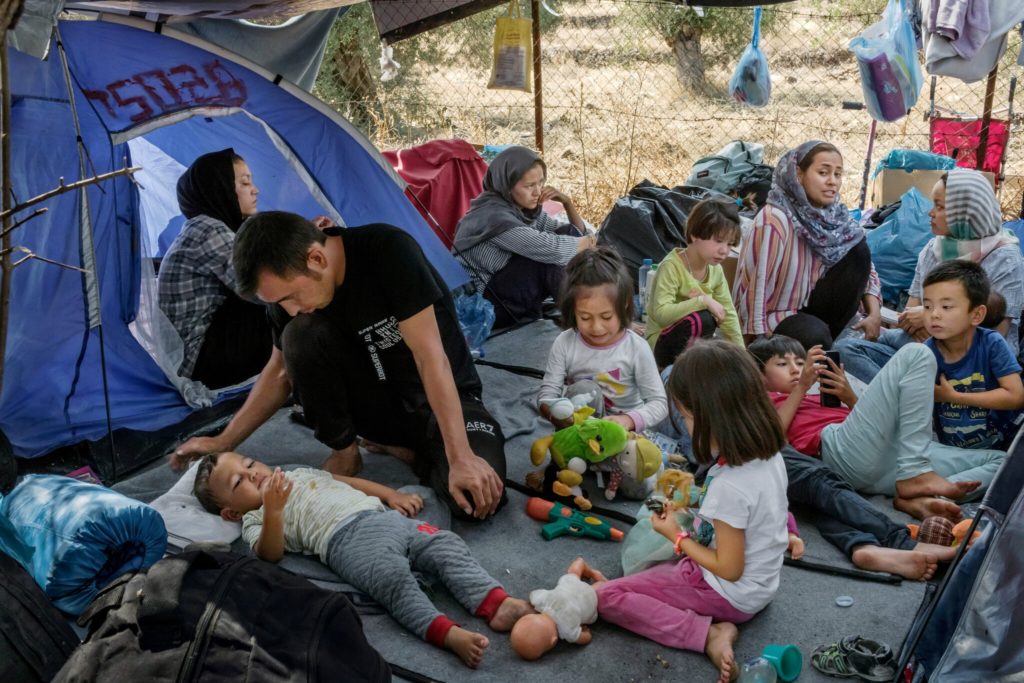
“Greece has been struggling with thousands of stranded asylum seekers since Europe’s 2015 refugee crisis,” she added. “The E.U.’s much-awaited proposal to fix its migration problems will do very little to prevent tragedies like Moria’s in the future, unless the politics in the continent change.”
Five years ago, the war in Syria propelled nearly a million refugees to Greek shores. The number of asylum seekers now landing is relatively minuscule by comparison — and most are no longer Syrians.
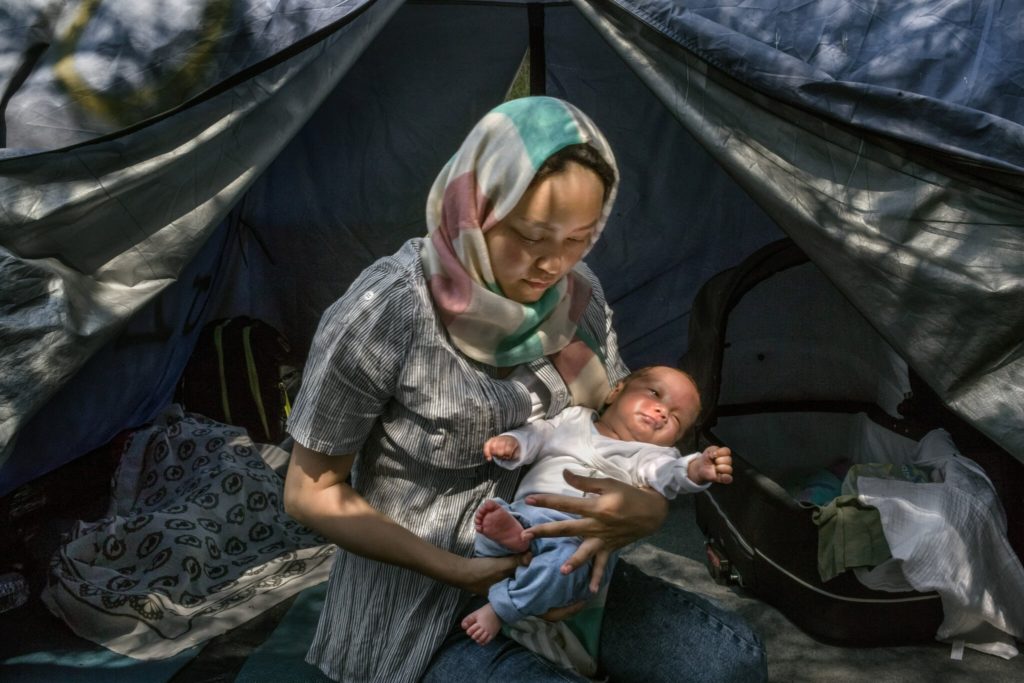
They are often people like Ms. Etemadi whose troubles are less immediate, more intimate than the cataclysms of war, and certainly less pressing to Europe.
With the movement of Syrians lessening in recent years, the appetite to help resettle people escaping farther-flung places or complicated lives, conflicts and poverty has diminished among Europeans, and the sense of urgency has lessened.
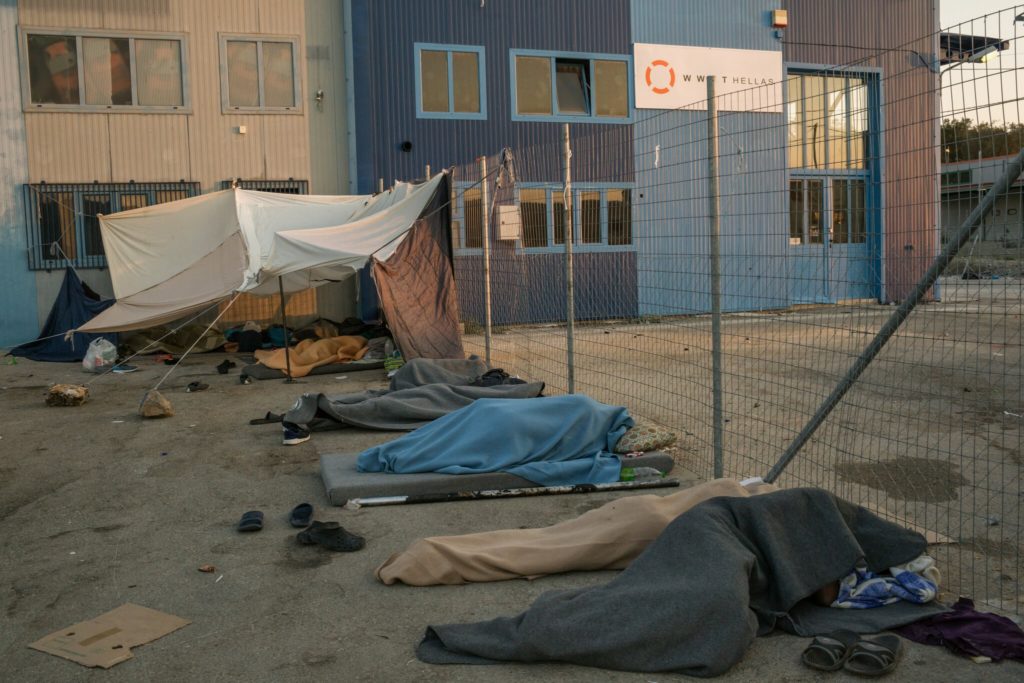
In 2015, images of desperate refugees trying to make the Aegean crossing to Greece gained global attention and eventually prodded Germany to accept nearly one million people. Chancellor Angela Merkel hoped others would follower her lead.
But few northern and eastern European countries opened their doors the way Germany did, leaving the problem mostly in the lap of countries at the European Union’s southern borders — Greece, Italy, Malta and Spain — where frustrations have deepened.
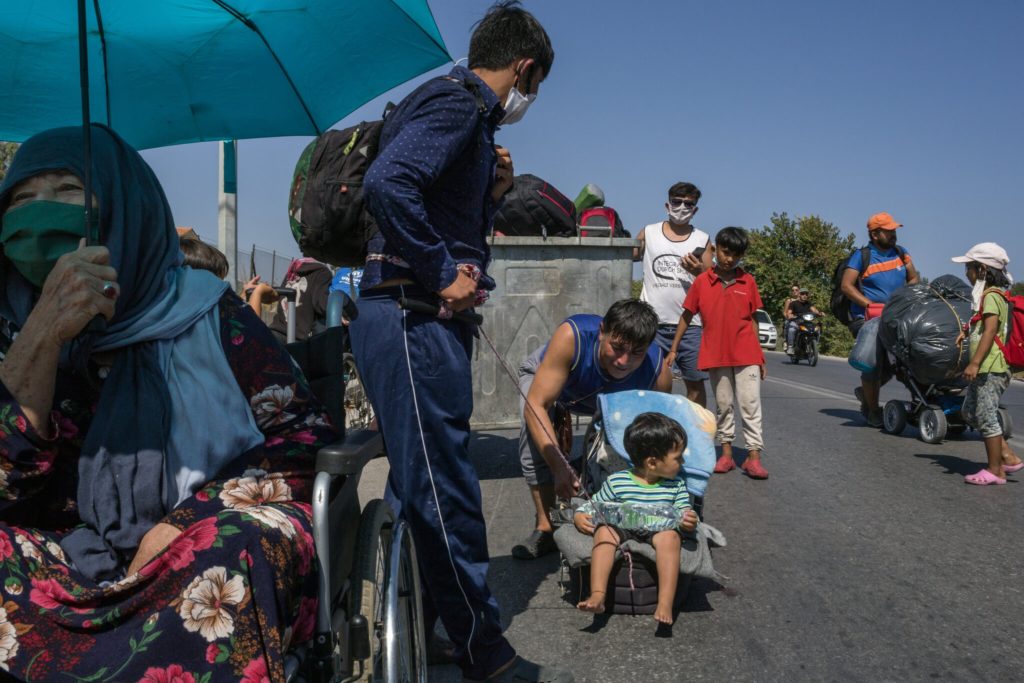
Today, the Greek government has secretly pushed back migrants, and the European Union is struggling to figure out what to do with Moria’s 12,600 homeless — a number that would have arrived in Greece over just three days at the height of the 2015 crisis.
The Greek authorities have put together a new tent camp, but human rights organizations, inhabitants of Lesbos and the migrants themselves have all demanded that the asylum seekers be moved off the island and into new homes across Europe.
World Opinions News – nytimes.com




 World Opinions Débats De Société, Questions, Opinions et Tribunes.. La Voix Des Sans-Voix | Alternative Média
World Opinions Débats De Société, Questions, Opinions et Tribunes.. La Voix Des Sans-Voix | Alternative Média



